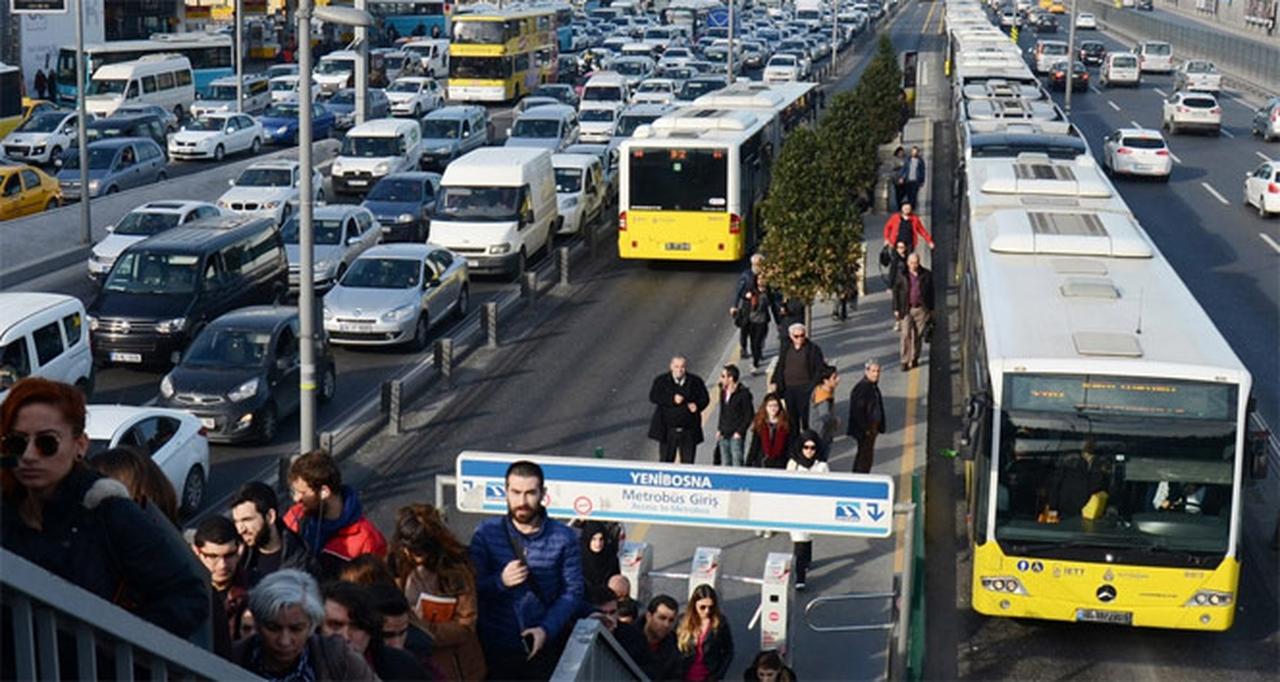
Once considered one of the fastest-improving countries in social development, Türkiye is now experiencing a steady decline across major indicators. The country trails global averages in key areas such as democracy, rule of law, and quality of life—a trend consistently reflected in multiple international indexes over the past several years.
The OECD’s Better Life Index, which measures well-being across member states, consistently ranks Türkiye near the bottom. In 2022, it placed fourth from last among 41 countries, with a score between 3.5 and 4 — well below the top performers, which score closer to 8. Türkiye performs below average in nearly all categories, including income, housing, employment, environment, education and health.

The only relative strength appears in civic engagement, driven largely by high voter turnout, although persistent inequalities, particularly in gender and social inclusion, remain a challenge.
The erosion of the rule of law has also become a key point of concern. According to Sweden’s V-Dem Institute, Türkiye’s governance scores have declined markedly since the early 2000s, returning to levels comparable with those recorded in the early 20th century. The institute now classifies Türkiye as an “electoral autocracy,” placing it among the bottom 30% of countries in terms of democratic quality. Similarly, The Economist Intelligence Unit’s Democracy Index points to a long-term downward trajectory: from “flawed democracy” status in 2006 to a “hybrid regime” by 2024, when Türkiye ranked 103rd out of 167 countries.

Despite these institutional challenges, Türkiye has shown notable progress in human development indicators. According to the U.N. Development Programme, it was among the fastest-improving countries between 2000 and 2022. Türkiye achieved “high development” status in 2019 and ranked 45th in the most recent Human Development Index. Much of this improvement, however, is linked to short-term recovery following the COVID-19 pandemic, and ongoing inflation and economic volatility may limit its sustainability over the longer term.
The 2024 World Happiness Report, produced by Oxford University and Gallup, places Türkiye 94th out of 147 countries. While the report notes modest gains in income levels and life expectancy, there has been no significant progress in other areas such as perceptions of corruption, social trust, or generosity—all of which remain stagnant.

Over the past two decades, measuring development through broader indicators—such as living standards, governance, and civil rights—has become increasingly common. In addition to economic data, many indices now attempt to capture social well-being and democratic health using long-term trends. Institutions like the World Bank and the International Monetary Fund (IMF) have contributed by digitizing and publishing extensive time-series data, making global comparisons more accessible.
While global organizations such as the OECD and UNDP are recognized for their methodologically rigorous and transparent indices, democracy-related assessments are often developed by academic consortia or non-governmental organizations. These efforts, though influential, are not without criticism. Some observers argue that the methodologies reflect Western political norms or cultural values and may not fully account for local contexts or alternative models of governance.